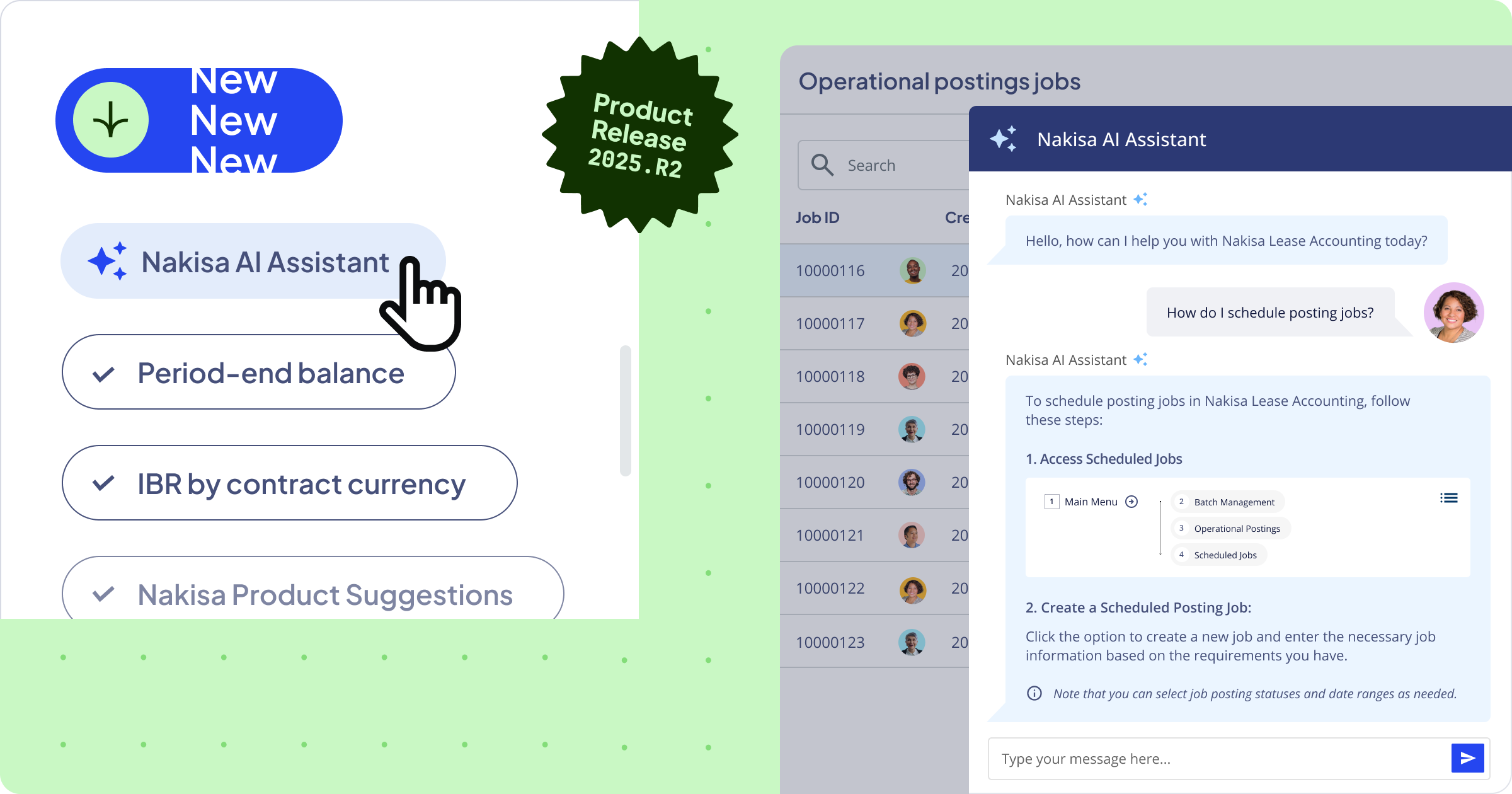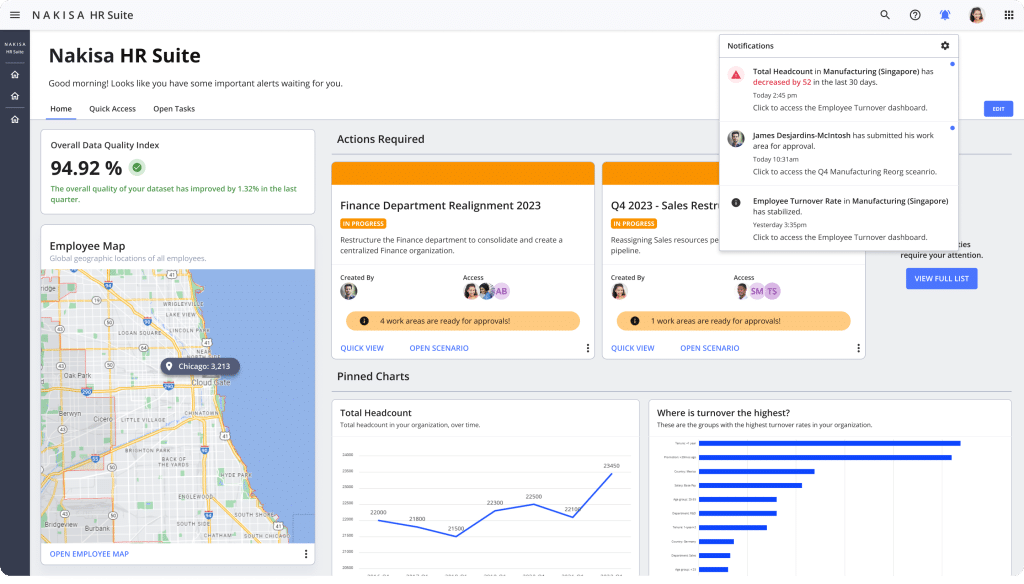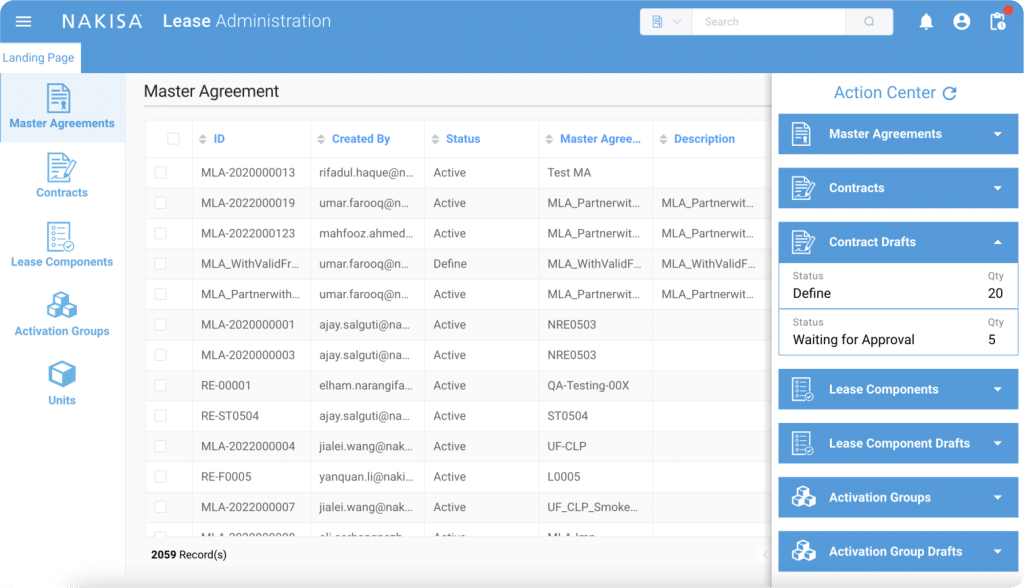While phone and email scams are still common, most fraudsters use other techniques to try to collect and steal various information and data from individuals and businesses. When it comes to job scams, fraudsters generally focus their efforts on individuals looking for work.
This type of fraud is normally carried out through online services such as fake websites, or through fake emails claiming to be from the company. Jobs may be posted on job websites or other job boards with fraudulent credentials. The fraudsters often request recipients to provide personal information and to make payments as part of their fake recruiting process.
Protecting yourself from a job scam
Fraudsters behind these job scams eagerly recruit new hires, making the interview process appear professional and legitimate. Once the candidate has been accepted for the position, the scammer will ask for personal information, such as Social Insurance Number (SIN), driver's license or passport, and banking information.
At Nakisa, we will not demand this information during or directly after the initial interview. Human Resource representatives facilitate onboarding and gather the appropriate personal information required when it is required. In addition, we will not ask for any sort of payment from the candidates or the new hires. You should never have to pay for a job opportunity, even if it’s for equipment or at the promise of being reimbursed.
When in doubt, reject the job offer and search for opportunities on company websites that you know and trust. Take the time to research the employer and pay attention to links directing you to their websites. Don't click on suspicious links sent through email or text messages.
Top 7 red flags in job scams:
- Employers are reaching out to you even when you haven't applied for the job. (Sometimes recruiters do reach out when they see a fit but validate their email addresses and contact information before submitting any personal details)
- The emails they use are from generic email accounts rather than company accounts -i.e. Ryanpeters@gmail.com vs Ryanpeters@legitimatecompany.com. Or the email address domain is not the same as the company (ryanpeters@legitimatecompanyyy.com) .
- The job listing is not located on the company website. Legitimate companies that use listing platforms to post available job descriptions will also have the job posting on their company website.
- You're hired without a proper interview being conducted.
- The pay seems too good to be true.
- They ask for a money transfer or expect you to pay for the equipment upfront.
- They don't want to meet in person or virtually. Regardless of the situation, a company should have safety protocols for a new employee's in-person or virtual onboarding.
What to do if you are a victim of a job scam?
While companies sympathize with anyone who has been victimized by job scams, they are not responsible for the actions of these fraudsters or their offers. If you ever detect suspicious activity or believe you’ve shared personal information with fraudsters, report it immediately to local authorities.





